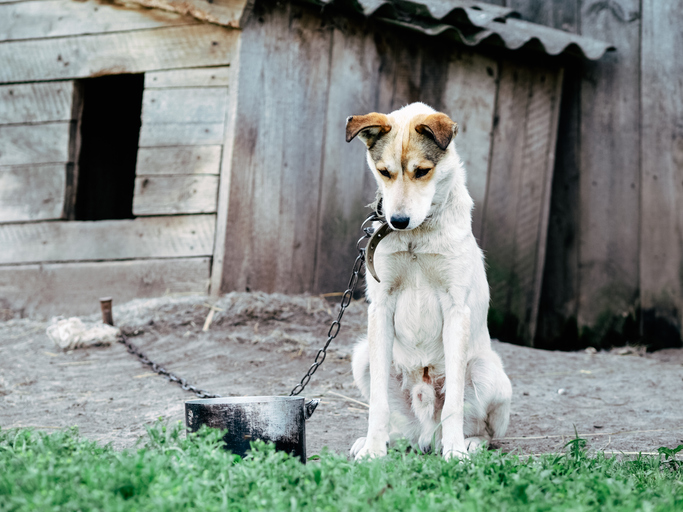When it comes to safeguarding the vulnerable and voiceless, very few professions carry the same gravitas as that of an animal cruelty investigator. This vital role intertwines compassion with a rigorous adherence to the law, representing an essential line of defense against the maltreatment of animals. As public awareness surrounding animal welfare continues to flourish, the demand for qualified individuals to investigate and combat instances of animal cruelty has risen remarkably. Herein lies a thorough exploration of the requirements, training, and various career paths available within this noble field.
The journey to becoming an animal cruelty investigator often begins with a genuine passion for animal welfare, but it is also marked by specific educational and professional prerequisites. Generally, individuals aspiring to enter this field should possess a high school diploma or equivalent certification. However, a bachelor’s degree in a relevant discipline, such as criminal justice, animal science, or psychology, is frequently favored by employers. This academic foundation not only equips candidates with essential knowledge regarding the complexities of animal behavior but also furnishes them with a comprehension of the legal system governing animal rights.
Beyond formal education, prospective investigators are often encouraged to pursue specialized training programs that focus explicitly on animal welfare and cruelty investigation. These can include workshops or certifications offered by various animal rights organizations, governmental agencies, or community colleges. Such programs typically delve into essential topics like animal husbandry, legal statutes pertaining to animal welfare, and investigative techniques specific to cases of cruelty. As investigations often necessitate interviewing witnesses, writing reports, and even providing testimony in court, strong communication skills are indispensable. Investigators must convey their findings with clarity and precision to ensure that justice is served.
In addition to educational credentials, aspiring animal cruelty investigators may find it beneficial to acquire professional experience in related fields prior to applying for positions. Volunteering with animal shelters or working with rescue organizations can provide invaluable hands-on experience. This not only enhances one’s understanding of animal care and welfare but also fosters relationships within the animal advocacy community—a network that can be immensely beneficial in securing a position within the investigative domain.
Once individuals have completed their education and training, they may seek employment opportunities across various sectors. Animal cruelty investigators can be found working in law enforcement agencies, humane societies, or non-profit organizations dedicated to animal welfare. They may also serve as independent consultants. Each role comes with unique responsibilities, yet collectively they share the common goal of promoting justice for animals. Investigators may find themselves at the forefront of high-profile abuse cases, conducting interviews, gathering evidence, and collaboratively working with law enforcement officials to file charges against offenders.
Those within this field must possess a profound understanding of the legal landscape concerning animal welfare. Familiarity with local, state, and federal animal cruelty laws is paramount. For example, while certain jurisdictions may enforce strict regulations against animal abuse, others may have more lenient statutes. Investigators must be adept at navigating this complex terrain to effectively advocate for the rights of animals. Moreover, awareness of emerging trends in animal rights legislation can be crucial; remaining informed enables investigators to adjust their methodologies and approaches to shifting legal frameworks.
Another requisite for success in this vocation is emotional resilience. Encountering the suffering of animals can take a toll on even the most seasoned professionals. Consequently, emotional intelligence and coping strategies are vital attributes for anyone pursuing a career as an animal cruelty investigator. Investigators must balance their desire to enforce justice and protect animals while grappling with the harsh realities that often accompany animal abuse cases. Peer support, counseling, and mindfulness practices may serve as vital resources to navigate the emotional landscape of this demanding profession.
Equipped with an array of skills, investigators may engage in diverse tasks, including inspections of animal facilities, advising pet owners about proper care, and developing educational outreach programs for communities. They may also work closely with legal entities, providing expertise during court cases and advocating for appropriate punitive measures for offenders. The ability to compile and present compelling evidence is critical, as the investigative process ultimately culminates in legal proceedings that can lead to the arrest and conviction of abusers.
As society continues to evolve in its understanding of animal rights, the role of the animal cruelty investigator will likely expand. Recent movements towards stricter laws and heightened public engagement in animal welfare amplify the importance of these professionals. As such, those who embark on this career path will retain an abiding relevance in the interplay of justice and compassion for years to come.
In summary, embarking on a career as an animal cruelty investigator demands robust educational foundations, specialized training, and emotional fortitude. While the road can be both challenging and rewarding, the opportunity to enact change and serve as a voice for the oppressed remains a profound motivation for many individuals within this field. Those who possess an unwavering commitment to justice for animals are well-poised to make significant contributions, ensuring a more humane world for all living beings.








